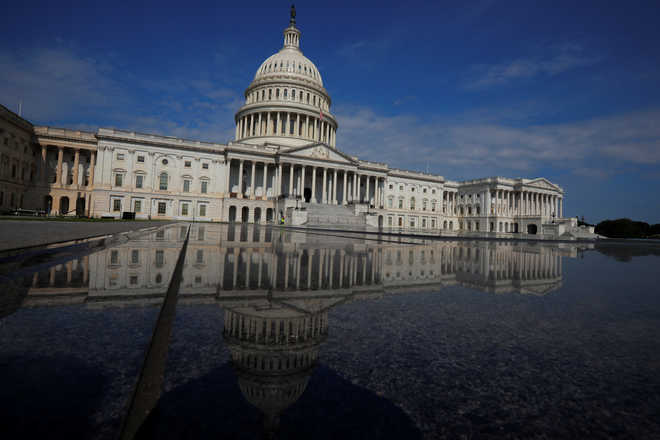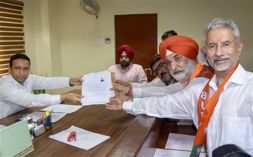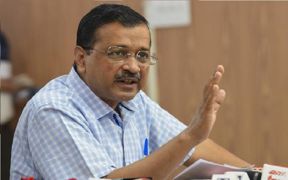
Photo for representation only. Reuters file
Sandeep Dikshit
Tribune News Service
New Delhi, July 22
Despite the major gains in the World Bank’s Ease of Doing Business rankings, India remains a difficult place to do business and additional economic reforms are necessary to ensure sustainable and inclusive growth, says the US State Department’s latest report on the investment climate in the country.
It noted that India’s economic growth has been strong in recent years, driven by private consumption and buoyed by reduced external vulnerabilities and key structural reforms. Similarly, rising government investment has played an important role in keeping the economy growing.
However, India’s private sector investment has not increased, despite having the fastest growing major economy tag in the world. While foreign direct investment (FDI) into India increased significantly during the first two years of Prime Minister Narendra Modi’s term, the rate of growth has slowed over the past year.
Non-performing assets continue to hold back banks’ profits and restrict their lending but relatively low inflation, weak credit demand, and strong intervention from the central bank, the Reserve Bank of India (RBI), helped stabilise credit markets and mitigate fallout.
Demographic increases mean India must generate over one crore new jobs every year – a challenge for the economy and policymakers. While difficult to measure, given the large size of the informal economy, several recent studies, in 2017-18 suggest India’s unemployment rate has risen significantly to 6.1 per cent since the last official employment report was released in 2012.
The Government, led by PM Modi’s BJP, actively courts foreign investment. In 2017, it implemented moderate reforms aimed at easing investments in such sectors as single brand retail, pharmaceutical, and private security.
The Modi government also introduced two rounds of tariff increases in 2018, ostensibly in response to India’s large trade deficit with China, and related balance of payment concerns.
“Whatever the actual intent, these tariff increases disrupted the supply chains of both domestic industry and foreign investors and led to the cancellation of both new investments and expansions of existing investments in India,” said the report.
In April 2018, the RBI announced, “without prior stakeholder consultation”, that all payment system providers must store their Indian transaction data only in India. “The policy overwhelmingly and disproportionately affects US companies” that currently dominate the Indian payments market and depend on the free flow of data to achieve economies of scale and to protect customers by providing global real-time monitoring and analysis of fraud trends and cyber-security.
The US companies have begun to implement the mandate, though at “great cost and potential damage to the long-term security of their Indian customer base”, who will receive fewer services and no longer benefit from global fraud detection.
The draft Personal Data Protection Bill contained restrictions on cross-border transfer of personal data, stipulating that personal data that are considered “critical” can only be stored in India.
While Indian officials argue these restrictions were mere “clarifications” of the existing policy, the new guidelines constituted a major regulatory change that created several extensive new regulatory requirements and onerous compliance procedures.
“The disruption to foreign investors’ businesses was exacerbated by the refusal to extend the February 1, 2019 deadline for implementation,” it said.
According to the World Bank’s Ease of Doing Business Report, it takes an average of nearly four years to resolve a commercial dispute in India, the third longest rate in the world. Indian courts are understaffed and lack the technology necessary to resolve an enormous backlog of pending cases—estimated by the UN at 30 million-40 million cases nationwide, it noted.
Join Whatsapp Channel of The Tribune for latest updates.



























